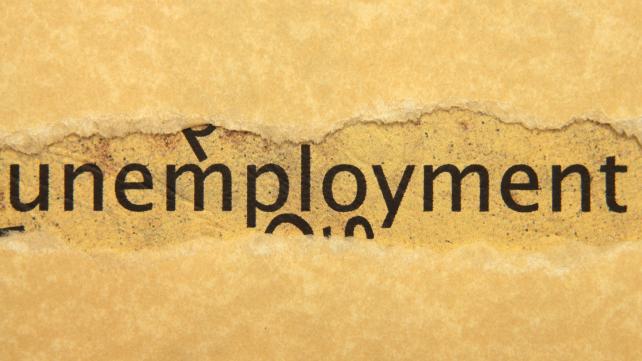Nigeria’s unemployment rate: Need for database
The National Bureau of Statistics recently pegged unemployment rate in Nigeria at 27.1% in the second quarter of 2020 from 23.1%, it was in the third quarter of 2018 Aside NBS jolting figures, emerging facts if critically assessed might paint a more uglier picture than presently peddled by government. This proposition is partly hinged on […]

The National Bureau of Statistics recently pegged unemployment rate in Nigeria at 27.1% in the second quarter of 2020 from 23.1%, it was in the third quarter of 2018
Aside NBS jolting figures, emerging facts if critically assessed might paint a more uglier picture than presently peddled by government. This proposition is partly hinged on twofold conjecture: one about lack of central database initiated to capture unemployment rate in the country from urban dwellers to inhabitants of hinterlands — and on the other, to unwillingness of most Nigerians to disclose their job statuses.
Tunde, a young graduate was a beneficiary of N-Power program before his service year. During his compulsory National Youth Service, his volunteering job with N-Power was on as was his monthly allowance from NYSC. This kind of discrepancy would have been tracked had a National database been in place to trace such double benefits. Three weeks after his service, he was employed into one big IT firm in Lagos due to his family ties with the firm’s CEO. Even at that, his job hunt especially that of federal government was as serious as it is amid completely unemployed graduates.
These two phenomenon: lack of central database and unwillingness of Nigerians to disclose their job statuses if they continue to be treated with levity will keep Nigeria’s quest for accurate data hampered. Data collection, with penchant for honesty and sincerity requires strong political will. But for a country fraught with corruption and tribalism, such has remained a white elephant project. In other words, figures reeled off by NBS will remain a subject of debate both from pro and anti government critics for a while.
Muftau Gbadegesin
